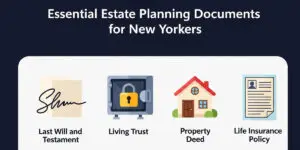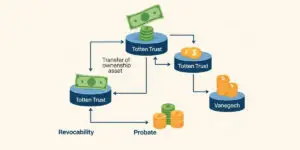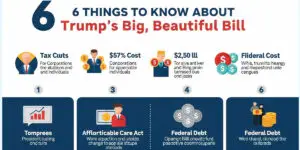What is reverse mortgage?
Reverse mortgage is a type of loan where by the value of a home is given in cash to a borrower. The borrower is usually an elderly person at the least age 62. This loan does not require a monthly payment rather, the payment will be after the death of the borrower or when he or she moves out of the home. While the borrower is still in the home, he or she is responsible for the taxes of the home.
Who can get a reverse mortgage
Reverse mortgage is only available to senior citizens who have attained 62 years of age
Benefits of a reverse mortgage
Reverse mortgage could have a number of benefits, some of these benefits include:
- You remain the owner of your home
When compared with the option of selling, reverse mortgage though being a loan, is way better than selling. When you decide to sell your home, you lose ownership of the home, you start making provision for a new home. But with reverse mortgage, you get to keep and remain in this home as the owner till death eventually comes knocking.
- Security after retirement
Another upside to reverse mortgage is that at your retirement, you get to be earning gradually from the equity of your home. Most older folks suffer a decline of their asset after retirement as they pay mortgages but with a reverse mortgage, instead of spending you will be receiving
With reverse mortgage, you are free to spend your money whichever way you please and choose to. There is no binding or restricting law limiting the way and manner with which you spend your money.
- Many pay back options
There are many options available to the borrower to payback a reverse mortgage. The borrower can decide to live in the home without stressing to payback and when he or she des, the property goes to the lender. If the borrower should die, there is no fear that the burden of payment will fall on his or her family. Although the family still have an option to settle the reverse mortgage and keep ownership of the property. This is if the property means a lot to them. The family could as well allow the lender to claim ownership of the property. The borrower might also decide to sell the property and settle the mortgage. It’s all a matter of choice.
- You don’t get to pay beyond property’s value
This is a very bright side for the reverse mortgage. This means that you can stay in the home for as long as you want without the fear that the loan value will exceed the equity of your home and you will have to pay the extra. This is not the case as it is not your concern if the loan value exceeds your home equity. You won’t pay the extra.
- The income is tax-free
Income you receive from your reverse mortgage is tax-free because the IRS regards the money as loan proceeds. Nevertheless, the interest on reverse mortgage will not be deducted until you pay off the loan in full (by selling or when you pass away). Tax rules can get really complex so it’s always advisable to consult a financial expert before putting both feet into reverse mortgage.
Just as with everything in life, anything with an upside is bound to have a down side. Some of the downside of reverse mortgage include the following:
- There is a decrease in your equity and an increase in your debt. This is because you are taking the loan against the equity of your home
- Though you may not be required to pay taxes on the loan, you will definitely be required to keep paying taxes on the property.
Before acquiring a reverse mortgage loan, it is important to know how it works, get acquainted with the risks involved, and be familiar with the ups and downs of it. This you can do by consulting or hiring an attorney near you. For expert assistance, call our office today. Our financial planners and attorneys are ready to give you all the help you need.









